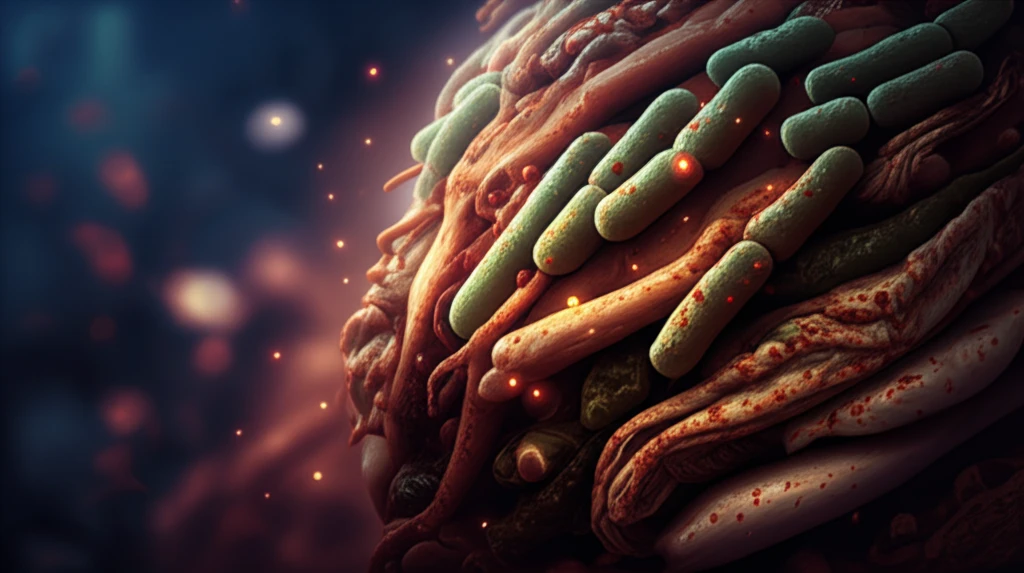
Boost Your Gut Health: Unlocking the Power of Probiotic Jangajji for Immunity and Antioxidant Protection
"Discover how Lactobacillus paraplantarum SC61, isolated from Korean fermented jangajji, revolutionizes your health with its potent antioxidant and immunostimulatory effects."
In an era where health and wellness are at the forefront of our minds, innovative solutions derived from traditional practices are gaining traction. One such discovery lies within the heart of Korean cuisine: jangajji. This traditional fermented vegetable dish has been found to harbor a unique probiotic strain, Lactobacillus paraplantarum SC61, which boasts remarkable antioxidant and immunostimulatory properties. As we navigate the complexities of modern diets and lifestyles, understanding the potential of such natural probiotics is crucial for maintaining optimal health.
Probiotics, often hailed as the beneficial bacteria that reside in our gut, play a pivotal role in digestion, immunity, and overall well-being. They aid in breaking down food, synthesizing vitamins, and fighting off harmful pathogens. Fermented foods, like jangajji, are natural sources of these probiotics. What sets Lactobacillus paraplantarum SC61 apart is its resilience and effectiveness, even when faced with the harsh conditions of the gastrointestinal tract.
This article delves into the science behind Lactobacillus paraplantarum SC61, exploring its origins in Korean jangajji, its unique properties, and the potential health benefits it offers. Whether you're a health enthusiast, a fan of fermented foods, or simply curious about the latest in gut health, this comprehensive guide will provide you with valuable insights into unlocking the power of this potent probiotic.
The Science Behind Lactobacillus Paraplantarum SC61

Lactobacillus paraplantarum SC61 was meticulously isolated from jangajji, undergoing rigorous testing to confirm its probiotic potential. Researchers discovered that this strain exhibits several key characteristics that make it a standout probiotic:
- Gastric Acid Tolerance: It can withstand low pH levels, similar to those found in the stomach.
- Bile Salt Tolerance: It survives the presence of bile salts in the intestine.
- Antimicrobial Properties: It can inhibit the growth of harmful bacteria, contributing to a balanced gut microbiome.
- Adhesion Ability: It adheres to intestinal cells, allowing it to colonize and exert its beneficial effects.
Embracing the Future of Gut Health
As research continues to unfold, the potential of Lactobacillus paraplantarum SC61 becomes increasingly clear. From its origins in traditional Korean jangajji to its promising applications in modern health and wellness, this probiotic strain offers a natural and effective way to support gut health, boost immunity, and enhance antioxidant protection. Incorporating probiotic-rich foods like jangajji into your diet could be a delicious and beneficial step towards a healthier, more resilient you.
